# refund
12 posts in `refund` tag
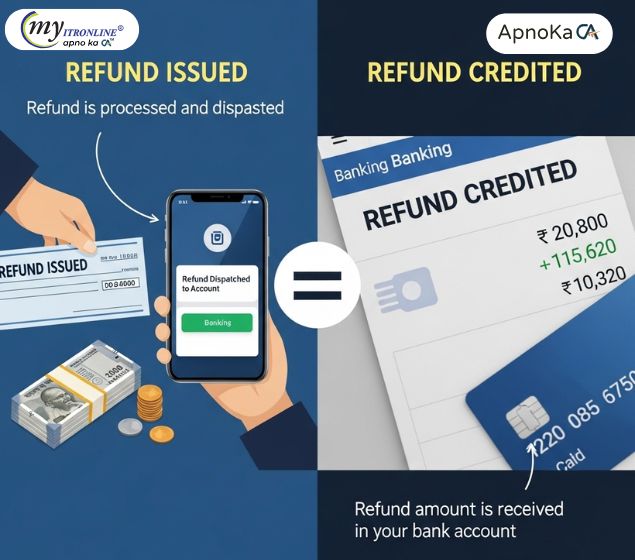
Difference Between Refund Issued and Refund Credited in Income Tax
This guide clarifies the distinction between the two common income tax refund statuses, "Refund Issued" and "Refund Credited." Learn what each status means, the complete refund timeline, key differences, and how to check your refund status for a smoother tax experience
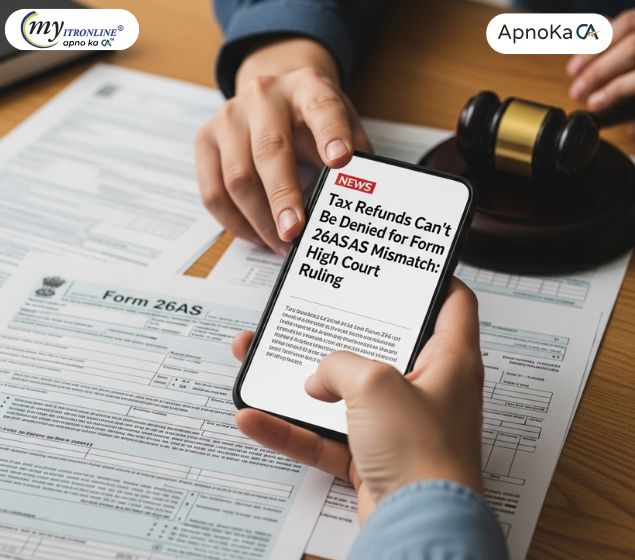
Tax Refunds Can’t Be Denied for Form 26AS Mismatch: High Court Ruling
The Allahabad High Court has ruled that tax refunds cannot be denied just because TDS is missing from Form 26AS. If a taxpayer provides valid Form 16A certificates, the Income Tax Department must verify the claim with the deductor instead of rejecting it outright. This protects honest taxpayers from delays caused by clerical errors.
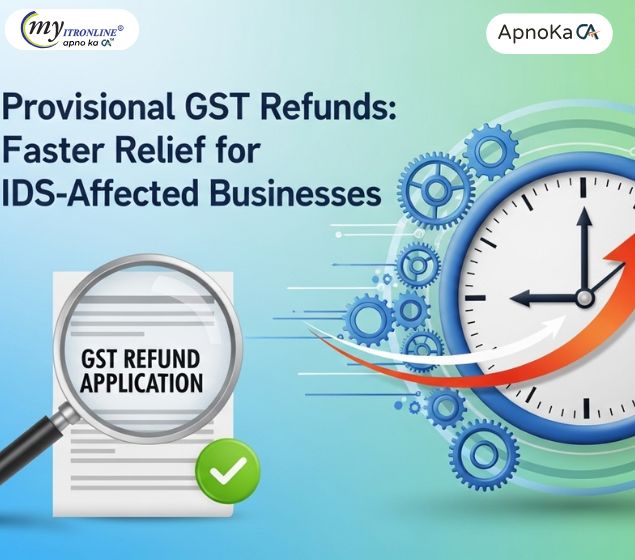
Provisional GST Refunds: Faster Relief for IDS-Affected Businesses
Starting October 1, 2025, businesses affected by inverted duty structure (IDS) can now receive 90% of their GST refund upfront. This move by CBIC aims to ease working capital pressure and improve cash flow for industries like textiles, footwear, and fertilizers. Learn how this change impacts your business and what steps you need to take.

CBIC Announces 90% Quick Refund for Businesses A Major Relief
The CBIC has rolled out a provisional refund mechanism allowing eligible businesses to receive 90% of their GST refunds upfront from October 1, 2025. This move targets industries facing cash flow issues due to inverted duty structures and aims to accelerate business operations and growth.
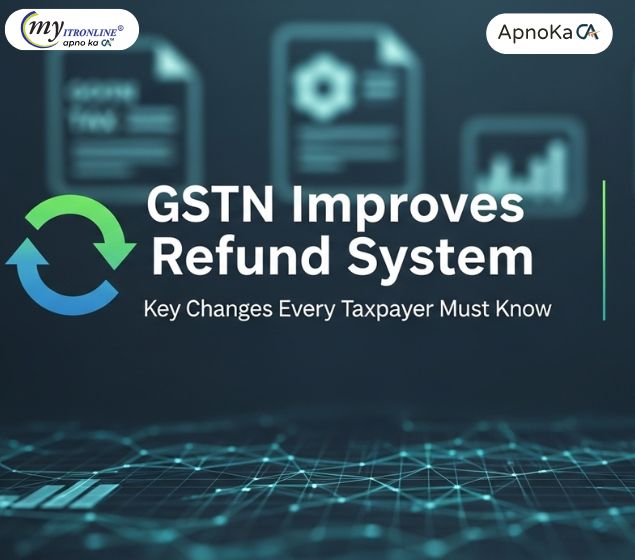
Taxpayers Alert: Major Updates in GST Refund Rules
The Goods and Services Tax Network (GSTN) has significantly revamped its refund system, introducing a unified application form (RFD-01), enhanced document uploads, real-time tracking, and integration with PFMS for faster disbursements. This blog details these crucial updates, explaining how they streamline the refund process for taxpayers, promote transparency, and minimize delays, ensuring timely receipt of their legitimate refunds.
.jpg)
Good News for Taxpayers: Delayed Income Tax Refunds Are Finally Being Released
The long wait for delayed income tax refunds is finally coming to an end! The Income Tax Department has taken steps to clear pending refunds by resolving portal glitches, verifying returns faster, and processing lakhs of refunds worth crores of ₹ daily. Learn why refunds were delayed, what’s being done now, and follow a simple checklist to make sure your refund reaches your bank account without further delay.
.jpg)
AY 2025-26 ITR Filings Cross 3.29 Crore; Over 1.13 Crore Already Processed
Despite the ITR filing deadline for AY 2025-26 being extended to September 15, over 3.29 crore returns have already been filed by mid-August, with 1.13 crore processed. This highlights growing tax compliance and the Income Tax Department's processing efficiency.
.jpg)
Good News for Your Wallet: Easier TDS Refunds Coming Soon!
This blog post explains the upcoming changes in India's income tax law regarding TDS (Tax Deducted at Source) refunds. It highlights how the new provisions, part of the Income Tax Bill 2025, aim to make it easier for taxpayers, especially small ones, to claim their excess TDS even if they miss the original ITR filing deadline. The post outlines the benefits, such as no penalties for late filing (just for refunds) and potentially simpler forms, and informs readers about the expected effective date of April 1, 2026.
.jpg)
Taxpayer Alert! Decoding Income Tax Department's New Rules for FY 2025-26
The Income Tax Department is making significant updates and tightening compliance for FY 2025-26 (AY 2026-27). This blog post serves as an important "taxpayer alert." It explains key changes, such as the mandatory Aadhaar-based verification for updates to the e-filing portal and PAN applications. There is also a stronger emphasis on computer-assisted scrutiny (CASS) for certain types of returns, including survey/search cases, ITR-7 filers, recurring additions, and intelligence alerts. Additionally, it provides information on expected delays in ITR refunds due to outstanding demands and technical upgrades. The focus on HRA claims will tighten, especially those that involve family members. It highlights the need for proactive compliance, careful record-keeping, and timely responses to avoid penalties and ensure a smooth tax experience.
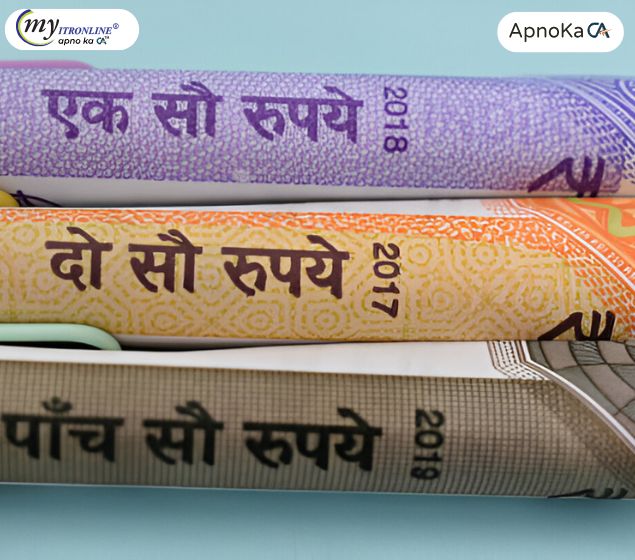
India's Tax Report: Why a Small Drop is Actually Good News
This blog analyzes India's direct tax collections for FY 2025-26 (as of June 19, 2025). While net collections show a slight dip, the detailed breakdown reveals robust gross collection growth and a significant increase in tax refunds, reflecting enhanced taxpayer services. Positive advance tax figures further signal underlying economic strength and optimistic future expectations, painting a picture of resilience rather than slowdown
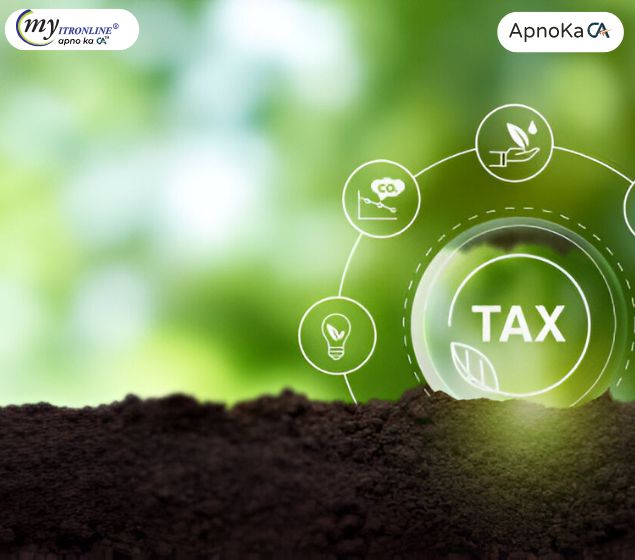
What is TDS and How Does it Affect Your Income Tax? Your Complete Guide
TDS: Explained! From your salary slip to bank statements, understand what Tax Deducted at Source really means for your income tax in India. Learn its purpose, common types, and how to track your credits via Form 26AS. Ready to decode TDS and ensure accurate ITR filing? Myitronline is here to help you every step of the way.
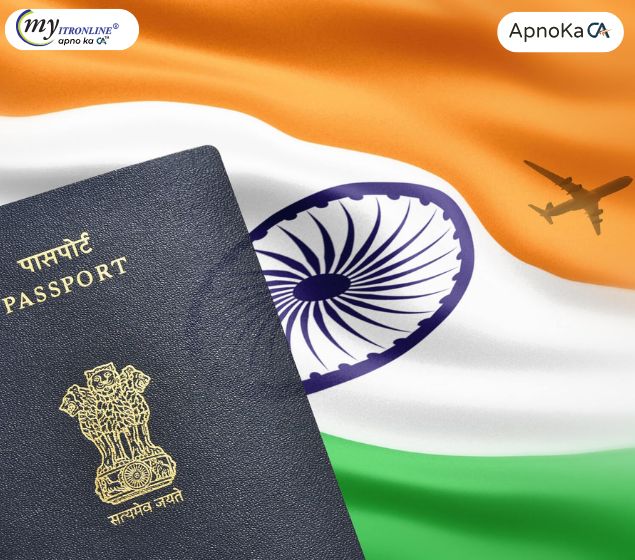
New Income Tax Refund Rules 2024: A Detailed Guide for NRIs to Secure Timely Refunds
This comprehensive blog post details the crucial updates to India's income tax refund rules for Non-Resident Indians (NRIs for Assessment Year 2025-26). It highlights the new "No Dues, No Refund" policy, emphasizing the necessity of clearing all outstanding tax demands and compliance issues for refund processing. The guide also covers revisited residential status rules, the default new tax regime, streamlined refund processing, and the vital role of Form 26AS and AIS/TIS. Special attention is given to capital gains and TDS on property sales, a common source of NRI refunds, outlining critical compliance steps. Finally, it provides actionable advice for NRIs to ensure their tax refunds are processed smoothly and without delays.
